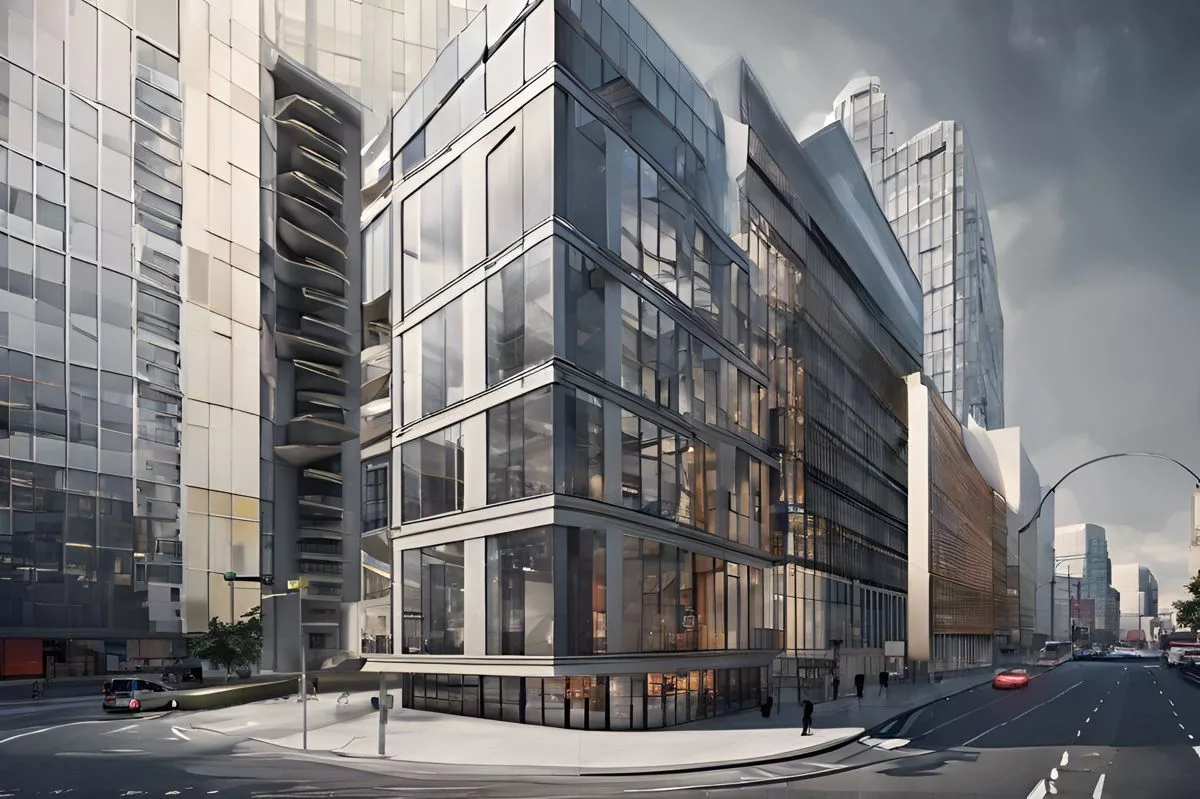The Parliamentary Constituency Office (PCO) in Botshabelo has been relocated to a more accessible location in the Reahola Shopping Centre, serving as a community cornerstone. The PCO plays a critical role in promoting interaction with citizens, facilitating ongoing dialogue on urgent issues, and strengthening Parliament’s supervisory role over the Executive branch. The office aims to enhance collaboration with local government representatives and function as a catalyst for Parliament’s vision of becoming a proactive and responsive institution that enriches South Africans’ livelihoods and nurtures lasting equality.
Botshabelo PCO: A Community Cornerstone
The newly relocated Parliamentary Constituency Office (PCO) in Botshabelo aims to enhance accessibility and positively affect the lives of locals. It plays a crucial role in strengthening Parliament’s supervisory role over the Executive branch, promoting interaction with citizens and facilitating ongoing dialogue on urgent issues. The PCO also functions as a catalyst for Parliament’s vision, evolving into a proactive and responsive institution that enriches South Africans’ livelihoods and nurtures lasting equality.
Within the vibrant Botshabelo township, tucked away in Free State Province’s heart, a new chapter begins. Mr. Lechesa Tsenoli, the Acting Speaker of the National Assembly, marked his last significant public role before his 25-year tenure in Parliament with the strategic restructuring of the Parliamentary Constituency Office (PCO). This phenomenal relocation to a convenient location within the Reahola Shopping Centre is not merely symbolic but marks a significant transition in the relationship between the government and its citizens.
Tsenoli, with his unique eloquence, underlined the critical role of the PCOs as indispensable channels that bridge the gap between the Members of Parliament and the public. They shine a light on the workings of Parliament and facilitate constructive feedback. The recent transition, as he elaborated, is not just a cosmetic alteration but a deliberate strategic decision. Its objective? To enhance accessibility and positively affect the lives of the locals.
According to Tsenoli, the PCOs play a crucial role in strengthening Parliament’s supervisory role over the Executive branch, promoting interaction with citizens, and facilitating ongoing dialogue on urgent issues. Positioned right at the community’s center, the office aims to close the gap between the law-makers and the locals, promoting involvement in the legislative processes.
Botshabelo PCO: A Community Cornerstone
The decision to locate the new office within a bustling complex is a strategic one. It acknowledges the vital role PCOs play, often serving as consultants, providing local communities with solutions and information regarding the challenges they encounter. As such, this office will not merely be another government building but a foundational pillar of the community’s growth, fully stocked and equipped to work for their benefit.
Interestingly, the PCOs also function as a catalyst for Parliament’s vision, striving to evolve into a proactive and responsive institution that enriches South Africans’ livelihoods and nurtures lasting equality. This refurbished office, in particular, aims to enhance collaboration with local government representatives and ensure local officials respond to community inquiries and needs promptly.
Local councillor, Mr. Dikololo Matshepe, shared this sentiment. He warmly embraced the office’s relocation and recognized its potential in solidifying the connection between the people and Parliament, given its close proximity to the public.
Bridging the Gap: A Testament to Commitment
The Botshabelo PCO boasts a successful track record, with major accomplishments such as initiating a monthly newsletter providing insightful feedback to locals on service delivery issues and donating 100 wheelchairs to local residents with disabilities. It’s clear that this PCO doesn’t merely exist within the community, but actively contributes to its improvement.
Parliament envisions a bold plan, a plan of reinventing, reshaping, and repurposing PCOs as strategic hubs for community partnerships. Such offices will function as platforms for unrestricted dialogue on public concerns and aspirations.
The inauguration of the newly relocated PCO in Botshabelo transcends mere relocation. It signifies the ongoing implementation plan undertaken by the Sixth Parliament, aligning with the Constitution’s Sections 59 and 72, advocating public access and meaningful participation in parliamentary processes. It marks a significant stride towards fortifying South Africa’s participatory democracy and accelerating the people’s development.
For comprehensive information about the Parliament and PCOs’ work, the Parliament’s website at www.parliament.gov.za is a valuable resource. In this digital age, staying abreast of our government’s activities has never been more straightforward, irrespective of your location.
Overall, the relocation of the Botshabelo PCO is a testament to Parliament’s dedication to its people. It serves as a reminder that every government office, every strategic move, every public announcement, and every piece of legislation should ultimately benefit the people it serves. The newly launched office stands as a symbol of this commitment, a beacon of participatory democracy, and a platform that will undoubtedly continue to serve the Botshabelo community into the future.
1. What is the Parliamentary Constituency Office (PCO) in Botshabelo?
The Parliamentary Constituency Office (PCO) in Botshabelo is a government office that plays a critical role in promoting interaction with citizens, facilitating ongoing dialogue on urgent issues, and strengthening Parliament’s supervisory role over the Executive branch.
2. What is the significance of the PCO’s relocation to the Reahola Shopping Centre?
The relocation of the PCO to the Reahola Shopping Centre aims to enhance accessibility and positively affect the lives of locals. The new location also positions the office at the community’s center, bridging the gap between the law-makers and the people.
3. What is the objective of the PCO in Botshabelo?
The objective of the PCO in Botshabelo is to enrich South Africans’ livelihoods and nurture lasting equality by functioning as a catalyst for Parliament’s vision of becoming a proactive and responsive institution.
4. What is the role of the PCO in strengthening Parliament’s supervisory role over the Executive branch?
The PCO plays a crucial role in strengthening Parliament’s supervisory role over the Executive branch by serving as a channel that bridges the gap between the Members of Parliament and the public and shining a light on the workings of Parliament.
5. How does the PCO function as a catalyst for Parliament’s vision?
The PCO functions as a catalyst for Parliament’s vision by striving to evolve into a proactive and responsive institution that enriches South Africans’ livelihoods and nurtures lasting equality. It also enhances collaboration with local government representatives and ensures local officials respond to community inquiries and needs promptly.
6. Where can I find comprehensive information about Parliament and PCOs’ work?
For comprehensive information about Parliament and PCOs’ work, the Parliament’s website at www.parliament.gov.za is a valuable resource.












